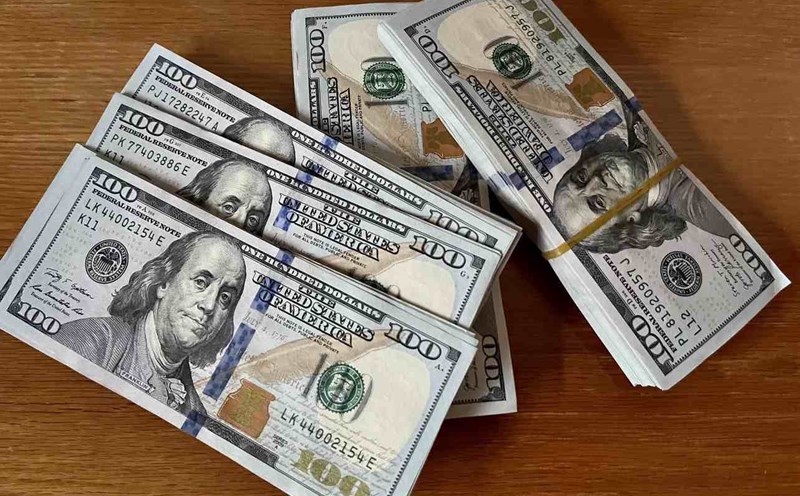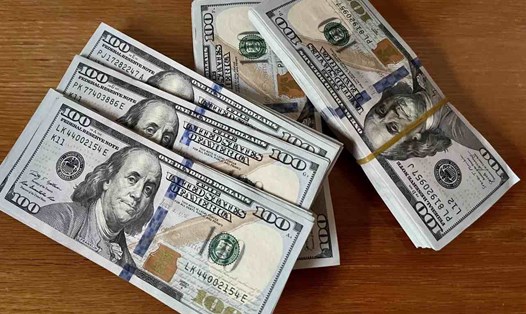Rejecting money that is severely damaged
According to eldiario24.com, from December 2024, some USD bills will no longer be accepted at banks, ATMs, or large stores in the US such as Walmart, Target and Costco. The decision was made by the Advanced Counterfeit Prevention Committee (ACD), the US Bureau of engraving and Printing (BEP) and the US Secret Service, to ensure national currency security.
Rejected bills are often classified as "mutilated." This means that bills with cuts, tears, fading colors, or the inability to clearly identify the face value will no longer be valid for use.
Damaged money will be suspended from circulation
Under the new regulation, all seven current Federal Reserve-issued securities (1 USD, 2 USD, 5 USD, 10 USD, 20 USD, 50 USD and 100 USD) are affected if they fall under the "damaged" category.
Larger banknotes such as $500, $1,000 or $10,000, although discontinued, will still be rejected if they are "mutilated".
Money is considered "damaged" if: There are cuts, tears, or lost corners; Discolored or deformed due to fire, water, or buried underground; Dinosaur cannot be recognized.
This regulation aims to ensure the integrity of money and limit the risk of counterfeiting, in the context of the increasingly sophisticated appearance of counterfeiting technology.
How to handle damaged money
If you own bills that are no longer accepted, don't worry. You can still find a way to get their value back through the US Bureau of engraving and Printing (BEP).
The process is as follows:
Submit the request: Complete the form declaring the status of damaged money on the official website of BEP.
Appraisal: BEP experts will use a special tool to verify the authenticity and value the money.
Receive a refund: If the money is authenticated, you will receive a check with the corresponding value.
New money design will be issued
In addition to eliminating damaged money, the Federal Reserve will also issue new designs to enhance anti-counterfeiting capabilities. It is expected that the new $50 bill will be released in 2028; the $20 bill will be released in 2030; the $100 bill will be released in 2032-2035; and the $100 bill will be released in 2034-2038.
The new designs will integrate advanced security technologies, helping to protect the USD from increasingly sophisticated counterfeiting threats.
Is cash dead?
Although the world is shifting to digital payment methods, cash still plays an important role for many people, thanks to its simplicity and convenience due to ease of use without the need for technological equipment; no trace of transactions, ensuring privacy.
Cash is also available in times of crisis: When the digital system has problems, cash is a lifeline.
However, with the new regulation, using cash will require users to be more careful.











